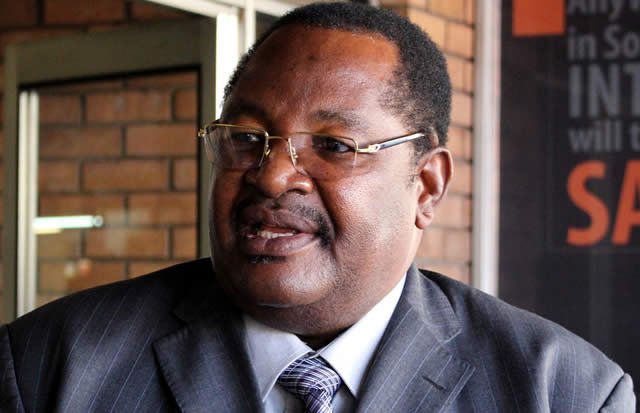The 2022 Census Report has brought to light a remarkable linguistic development in Limpopo: the emergence of Shona, a language primarily spoken in Zimbabwe, now recognized in the province. This finding, announced by Statistician-General Risenga Maluleke during a presentation to Premier Stanley Mathabatha in Polokwane, marks a significant addition not recorded in the 2011 Census.
The province’s population, currently at 6.6 million, has experienced growth, partly due to the influx of Zimbabwean migrants, bringing with them their native language. As a result, Shona is now spoken in over 28,000 households across Limpopo, indicating a notable shift in the province’s linguistic diversity.
Apart from Shona, the census report highlighted that 55.5% of the province’s population speak Sepedi, 17.4% use Tshivenda, and 17.3% communicate in Xitsonga. The introduction of Shona, accounting for 1.6% of the language spoken in the province, reflects the changing demographic and cultural dynamics in the region.
Premier Mathabatha, in his remarks, also touched upon the challenges of internal migration. He pointed out the trend of residents moving to other provinces like Gauteng in search of better opportunities. Emphasizing the need for an education system tailored to the region’s specific needs, Mathabatha highlighted the importance of aligning educational programs with local industries, such as mining, particularly relevant to communities like Tubatse.
“Our education system must evolve to meet the economic and industrial demands of our province,” Mathabatha said. “It’s crucial that we prepare our younger generation with skills that resonate with our local needs, to curb the migration for jobs and foster regional development.”
The 2022 Census Report, therefore, not only identifies the introduction of Shona in Limpopo but also casts light on the broader socio-economic shifts influencing the province’s demographic and cultural landscape.








